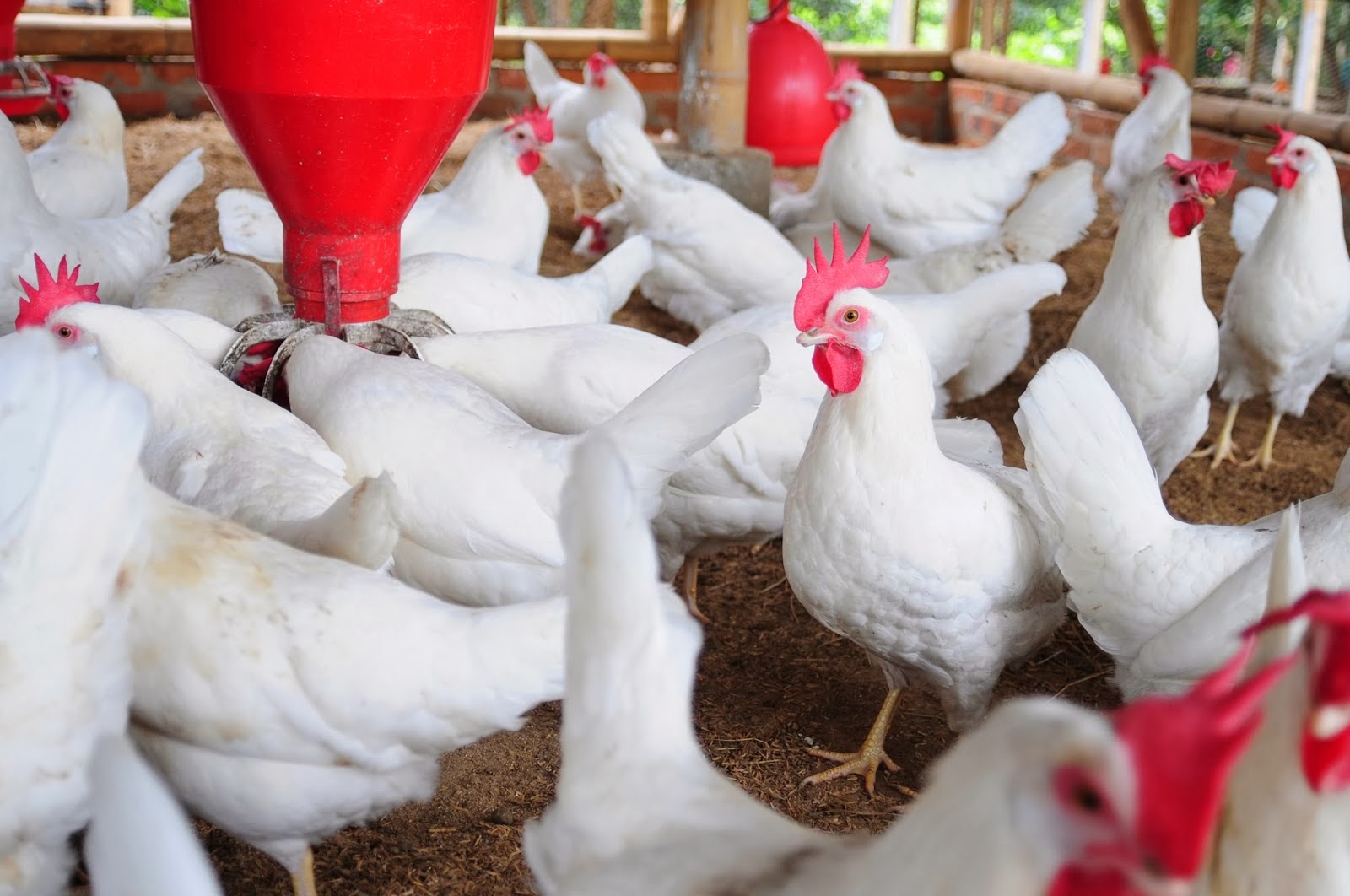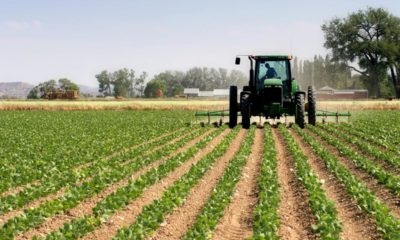Despite billions of Naira spent on Akwa Prime Hatchery and Poultry Limited by the Executive Governor of Akwa Ibom State, Udom Emmanuel, poultry farmers in the state said they had to order day-old-chicks from outside the state as the 200,000 capacity poultry farm developed specifically to make day-old-chicks and other poultry products available at affordable prices is almost empty at the moment.
The farmers expressed frustration over many challenges they face in the course of bringing day-old-chicks from outside the state. Usually, Ibadan, Enugu and sometimes as far as Kaduna, while the hatchery built and inaugurated in 2016 remains idle.
Mr Ekot Akpan, one of the poultry farmers who spoke with the pressmen said the state had not had it this bad.
Akpan said: “For the 12 years that I have been in poultry farming, this is the first time that poultry farmers have been so harshly affected by both economic and non-economic factors. And, quite unfortunately, nobody is available to offer any explanation.
“Farmers have been left at the whims and caprice of owners of the means of production.
“There seems to be no government regulation of the poultry industry. How, do you explain a situation where you wake up suddenly and the price of a day old chick is selling for N600, a bag of feed goes as high as N6,000.
“And, in a state that government claims to be pursuing agriculture as one of his cardinal programmes.
“For instance, in 2016, the state government said it has constructed an hatchery, and the intention according the government was to ensure availability of day old chicks at affordable price to farmers, but, quite, unfortunately, that effort has not yielded any tangible result.
“Farmers are still getting their day old chicks from Ibadan, Kaduna, and Enugu. So, the question now is where is the hatchery?
“One would have expected that farmers would be buying old chicks at humane prices, but, from all indications they acclaimed hatchery is a ruse. So, which one is the Akwa Prime Hatchery producing,” he said.

 Forex3 weeks ago
Forex3 weeks ago
 Naira3 weeks ago
Naira3 weeks ago
 Billionaire Watch2 weeks ago
Billionaire Watch2 weeks ago


 Naira3 weeks ago
Naira3 weeks ago




 Naira2 weeks ago
Naira2 weeks ago




 Naira1 week ago
Naira1 week ago




 Naira4 weeks ago
Naira4 weeks ago
 Banking Sector4 weeks ago
Banking Sector4 weeks ago




















